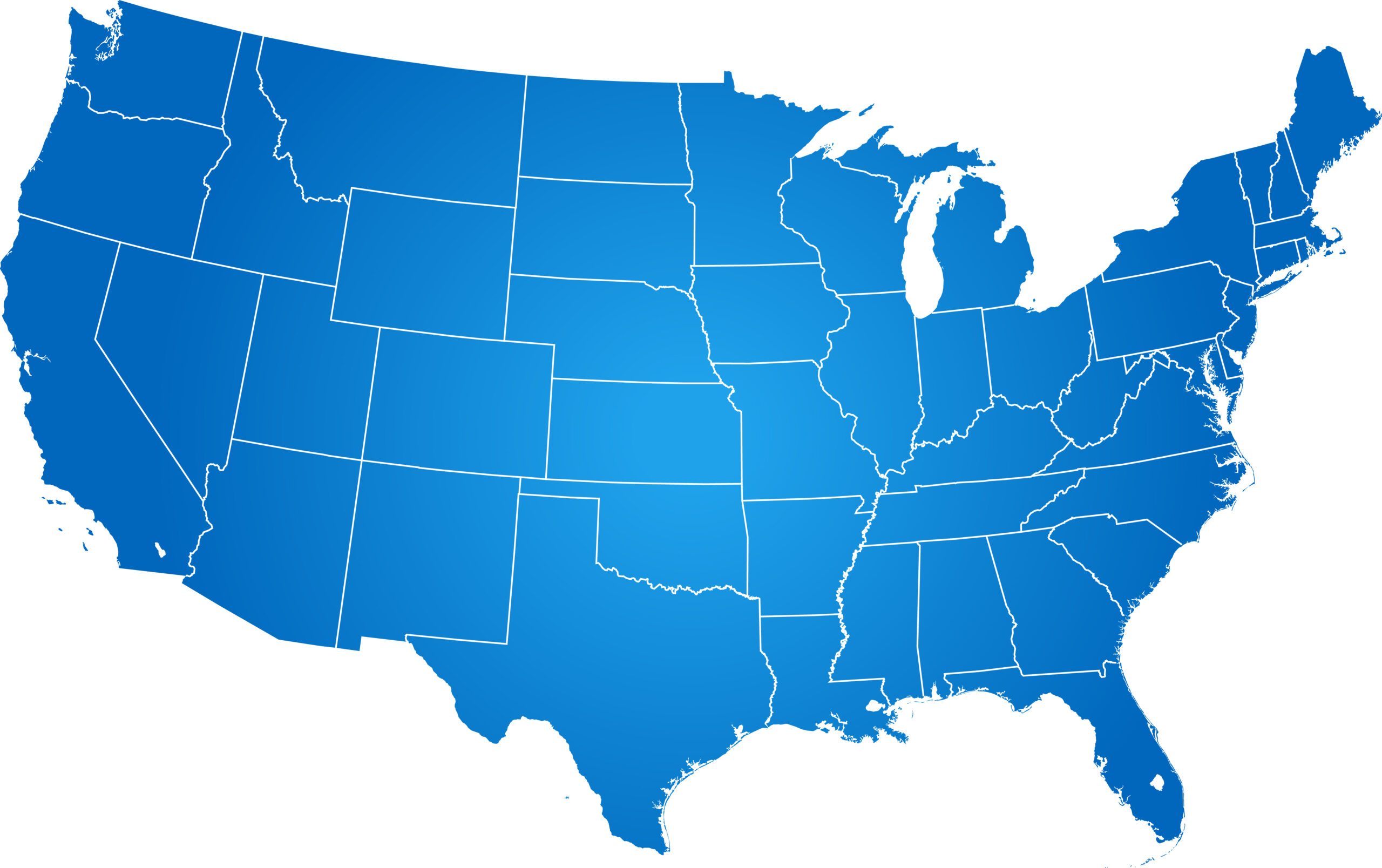Bills Banning Injury to Rivals Would Block Procompetitive Behavior

Procompetitive behavior by a business benefits consumers but may harm rival businesses. This isn’t terribly surprising: when a business engages in a pro-competitive behavior like improving the quality of their products while charging lower prices, that business benefits from increased market share and revenue, its competitors suffer from lost market share and revenue, and consumers benefit from receiving better products at lower prices. Intuitively, such consumer welfare enhancing behavior is beneficial.
Lately, however, some bills have received attention that could punish businesses for behaviors that injure competitors even when those behaviors benefit consumers, including Minnesota HF 2823/SF 3121 at the state level and the American Innovation and Choice Online Act (AICOA) at the federal level. Bills with “injury-to-rivals” tests would detract from consumer welfare by punishing businesses for innovation and intense price competition, would displace the consumer welfare test that currently guides U.S. competition policy and antitrust case law, and could lead to Congress or antitrust enforcers picking industry winners and losers.
Likely recognizing the poor optics of prioritizing the interests of businesses over consumers, many of the bills in question try to hide the ball with strategic vagueness. For example, Minnesota HF 2823/SF 3121 broadly prohibits “any method of competition, act, or practice that […] is substantially injurious to consumers, competitors, or other businesspersons[,]” ignoring the tensions between the interests of those parties. Given that procompetitive practices by one business typically benefit consumers while harming competitors or other businesspersons, and that benefits to consumers would not seem to constitute a defense against claims of injury to competitors under the bill, the bill’s practical effect is likely to be the introduction of an injury-to-rivals test in Minnesota.
The March 7 hearing of the U.S. Senate Judiciary Committee Subcommittee on Competition Policy, Antitrust, and Consumer Rights featured extensive discussion of AICOA’s likely impacts between senators and five witnesses, which revealed that AICOA’s strategically vague language likely would result in an injury-to-rivals test rather than a consumer welfare test.
Professor Fiona Scott Morton of Yale testified as a witness in favor of AICOA, arguing that AICOA’s “harm to competition” language was crafted “to target a narrow range of activity.” She also referenced her earlier advocacy for the bill, which acknowledged that AICOA could be “made better” but claimed AICOA would impose only “minimal additional costs” on targeted tech firms and benefit consumers on net. Professor Scott Morton also wrote that “rising market power comes from large samples of firms and industries.” However, she did not explain why, if AICOA would benefit consumers at minimal cost to industry, the bill for which she advocated only targeted a handful of businesses in one sector of the economy – digital services – and ignored every other sector of the economy.
Senator Mike Lee cast doubt on Professor Scott Morton’s argument, expressing concern that the strategically vague language in AICOA could be interpreted by courts as an injury-to-rivals test. When asked, witness Professor Daniel Francis of NYU pointed out that AICOA was not only using vague language like “harm to competition” with undefined terms, but it also was drafted to separate itself from existing antitrust case law, which would make it less likely that courts would apply the consumer welfare test to AICOA cases. Professor Francis argued that given the tensions between the interests of business rivals and consumers, this created a risk of courts interpreting AICOA to punish procompetitive behavior that benefits consumers if that behavior harms business rivals.
Testimony by Amanda Lewis, a witness arguing in favor of AICOA, seemed to confirm Professor Francis’ conclusions. When asked if she would support adding clarifying language to AICOA to specify that enforcement was intended to operate under a consumer welfare test rather than an injury-to-rivals test, Lewis argued against specifying the consumer welfare test, and inveighed against the consumer welfare standard more broadly. There would be little reason to oppose such a clarification if courts already were likely to utilize the consumer welfare test in interpreting the bill.
The hearing also discussed how AICOA proponents consider AICOA similar to the European Union’s Digital Markets Act (DMA), which they described favorably but acknowledged is an “experiment […] that other jurisdictions will closely watch” whose results are not yet in and will not be for several years. The witnesses in favor of AICOA indicated a strong interest in analyzing the results of the DMA, including an endorsement by Professor Scott Morton of Congress ordering a formal study of the effects of DMA implementation. The witnesses in favor of AICOA did not explain why there was a rush to emulate an untested policy experiment like the DMA before we can study the impacts of the DMA on European consumers and the European digital economy a few years from now.
One possibility is that proponents of AICOA are worried that the consensus view shared by most economists analyzing AICOA is correct, and waiting for a retrospective analysis of the DMA will demonstrate the high costs of a similar policy. Prominent economists on both sides of the aisle have highlighted the dangers of AICOA or otherwise rushing into an injury-to-rivals regime. Herbert Hovenkamp concluded that AICOA would “prohibit a great deal of competitively harmless activity.” Douglas Melamed concluded that “the bill would prohibit welfare-enhancing conduct.” Thirty four prominent academics including a bipartisan group of senior antitrust officials signed a letter against AICOA stating that “this bill is not well-designed” and “[a]s presently drafted, it would very likely reduce innovation, and harm consumers.” Larry Summers, five professors at Berkeley who advocate for more antitrust enforcement and held senior antitrust positions in Democratic administrations, and Republican appointees like former FTC Commissioner Joshua Wright and former DOJ Chief Economist Dennis Carlton also expressed opposition to such legislation as well.
The consensus is clear: bills like AICOA and Minnesota HF 2823/SF 3121 that would ban injury to rivals would block procompetitive, pro-consumer behavior as well. Policymakers should not discourage intense competition and innovation, but rather encourage it.








